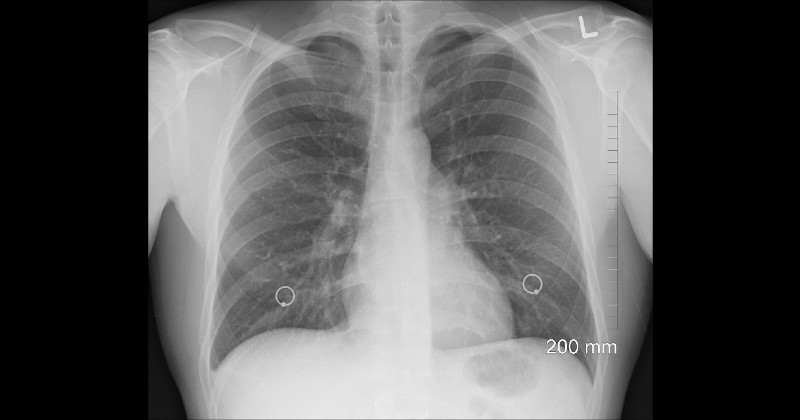Florida’s manufacturing base employs nearly 410,000 people across 14,000 manufacturers and contributes over $70 billion annually to the state economy. But if the Trump tax cuts expire next year, tax increases in the manufacturing sector will rise, which could dampen economic growth in the state.
The nonpartisan Tax Foundation says most taxpayers will see a tax hike unless some or all provisions are extended.
Florida Congressman Vern Buchanan, Vice Chairman of the House Ways and Means Committee, has announced he will take the lead on hosting a House Ways and Means American Manufacturing Tax Panel. Buchannan wants to focus on the Tax Cuts and Jobs Act of 2017, which is set to sunset at the end of 2025.
According to The National Association of Manufacturers, the largest manufacturing association in the country, manufacturing employs nearly 13 million men and women, contributes $3 trillion to the annual economy, and accounts for more than half of all private-sector research and development.
National Association of Manufacturers Managing Vice President of Policy Chris Netram credits the Trump tax cuts for the industry’s success.
“Tax reform was rocket fuel for manufacturers in 2018 and was the best year for manufacturing job creation in the previous 21 years,” says Netram.
Nationwide, for every $1.00 spent on manufacturing, there is a total impact of $2.69 on the overall economy – making manufacturing one of the largest sectors of the American economy. Furthermore, in 2022, manufacturing workers in the United States earned an average salary of $98,846 – well above the national average.
Within the state of Florida, employees in the manufacturing industry earned an average salary of $74,647, which is 17% above the average annual wage for all industries in the state.
Netram says the gains in the manufacturing sector are at risk if the key tax provisions expire next year.
According to a recent study by Deloitte and The Manufacturing Institute, almost 4 million new employees in manufacturing will likely be needed by 2033, and 1.9 million jobs are expected to go unfilled “if we do not inspire more people to pursue modern manufacturing careers.”




















